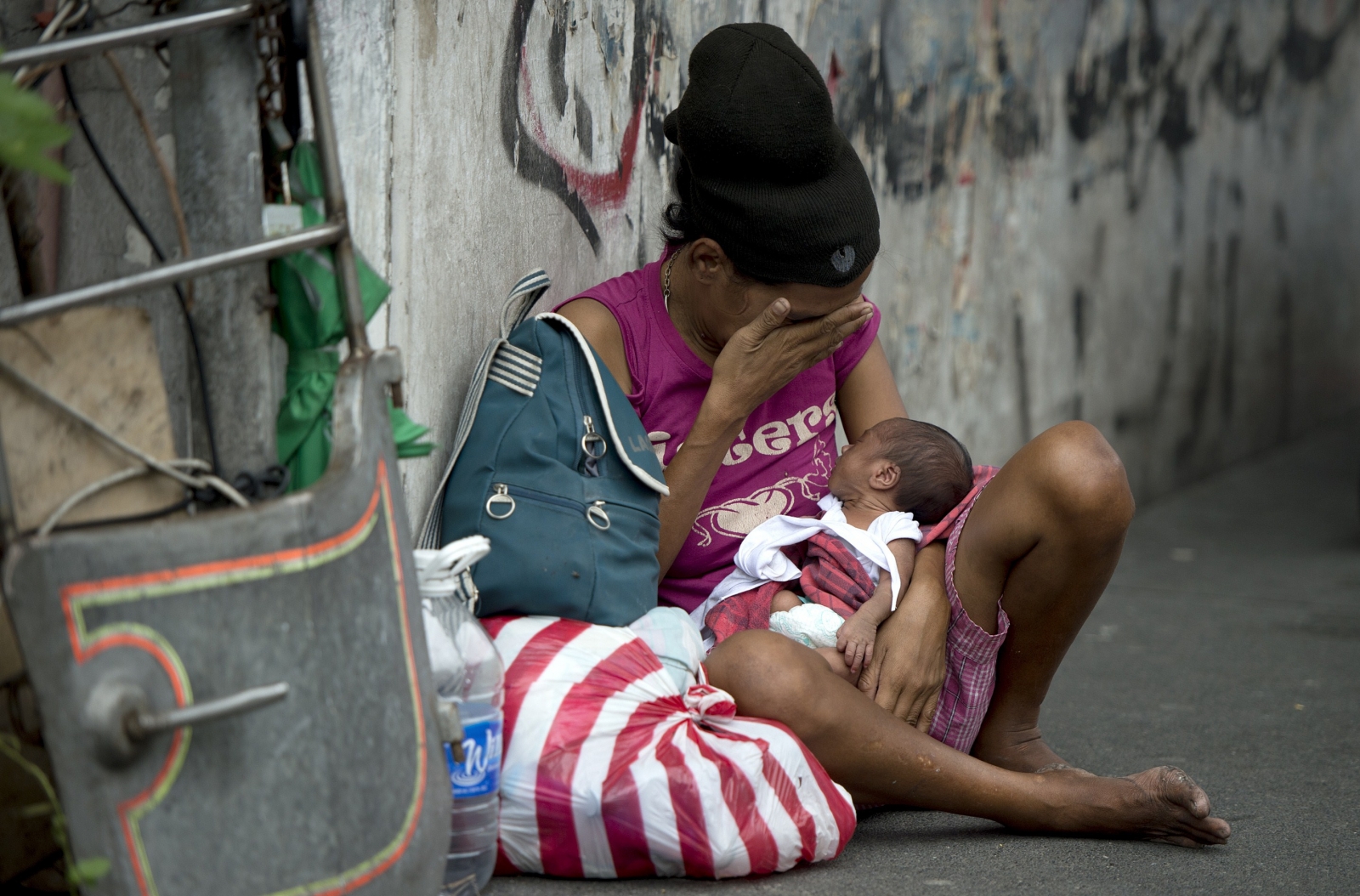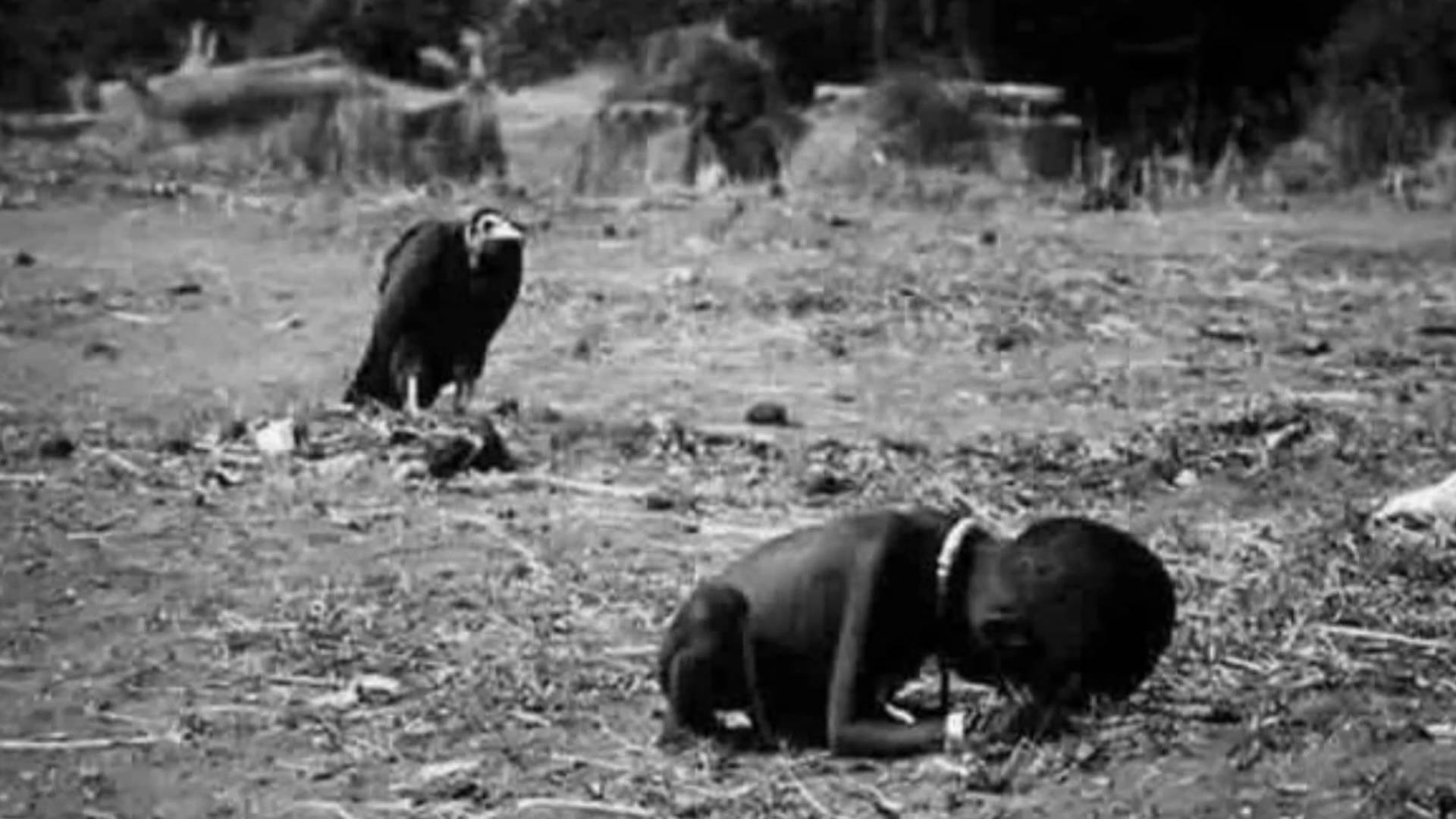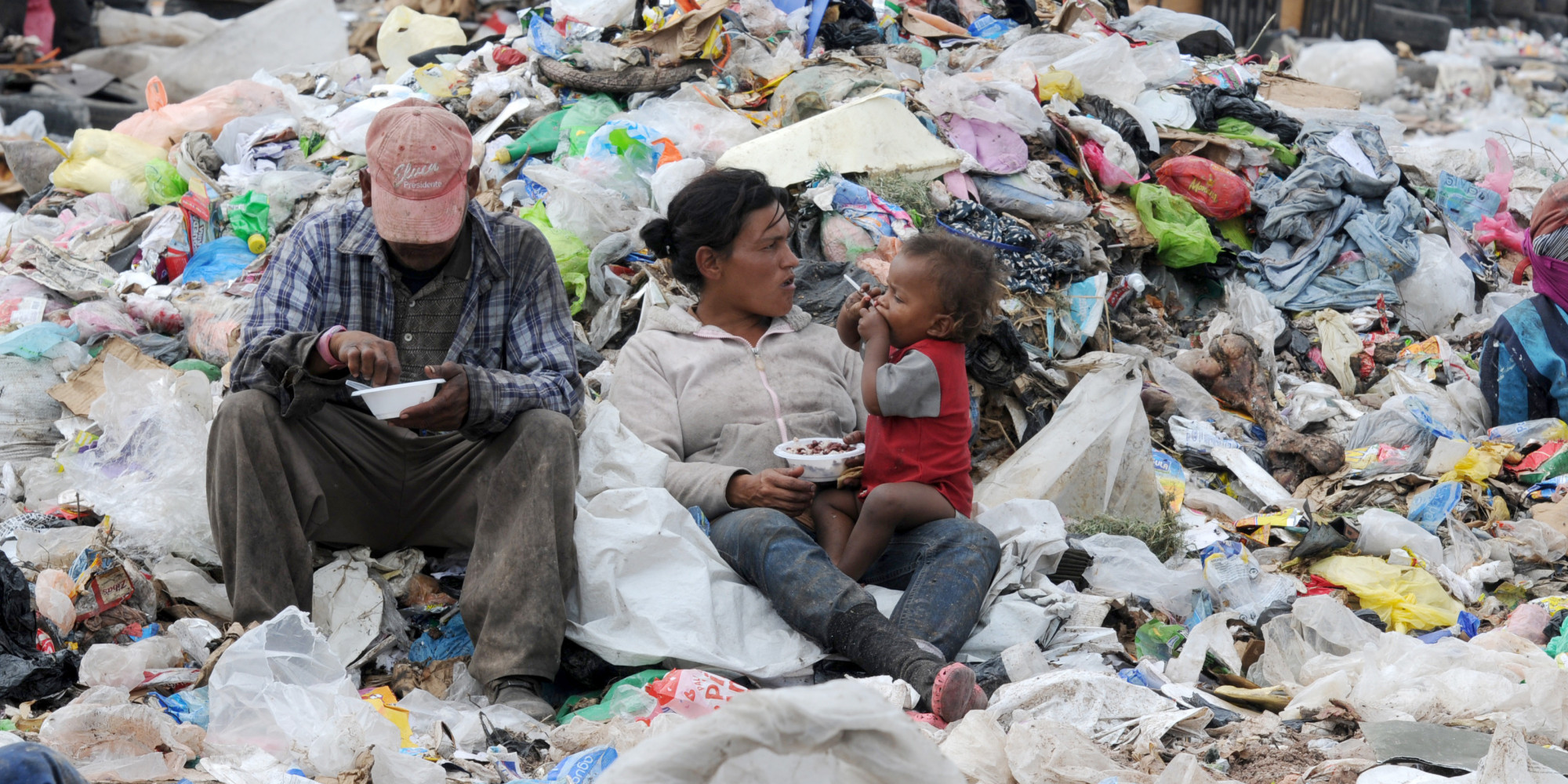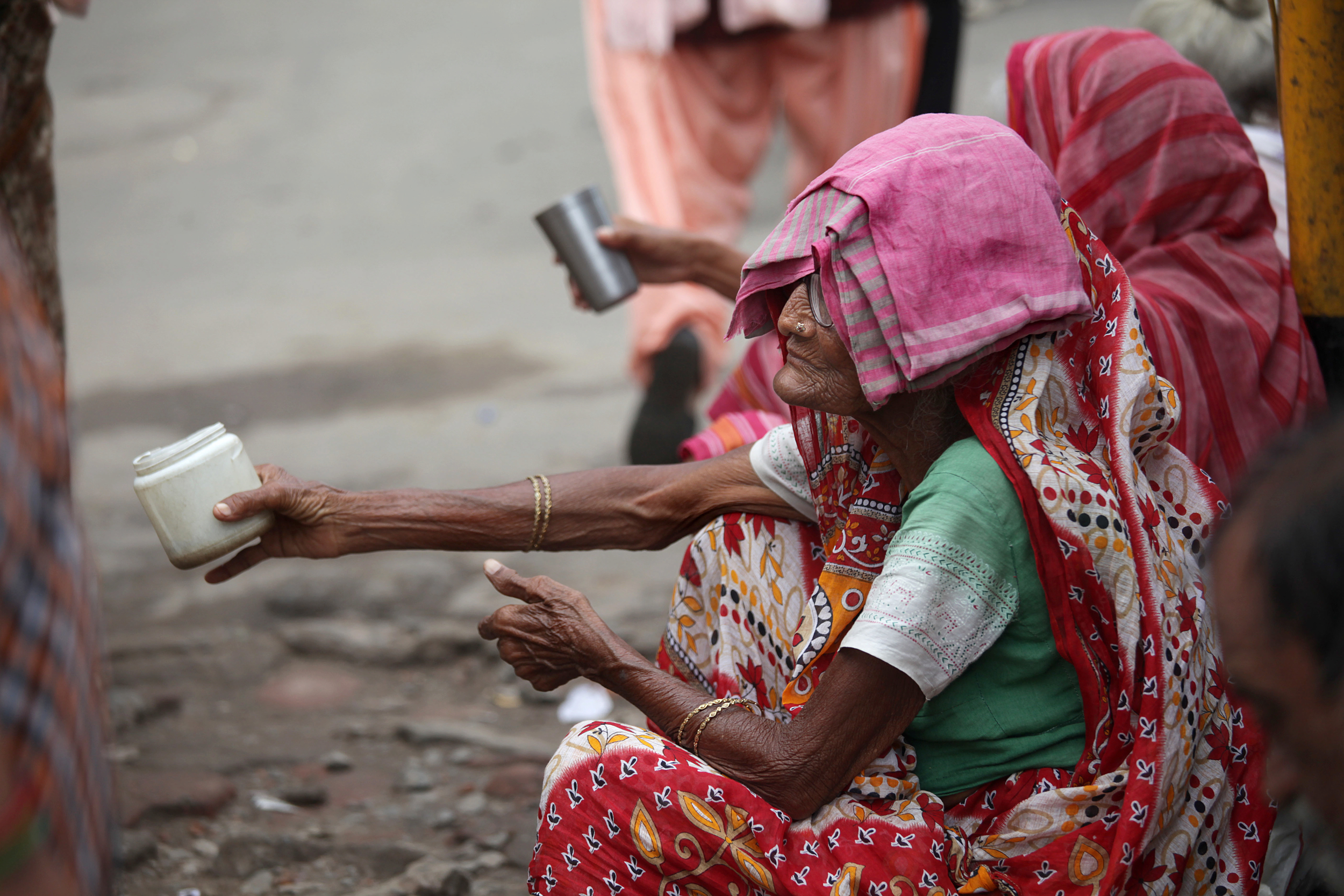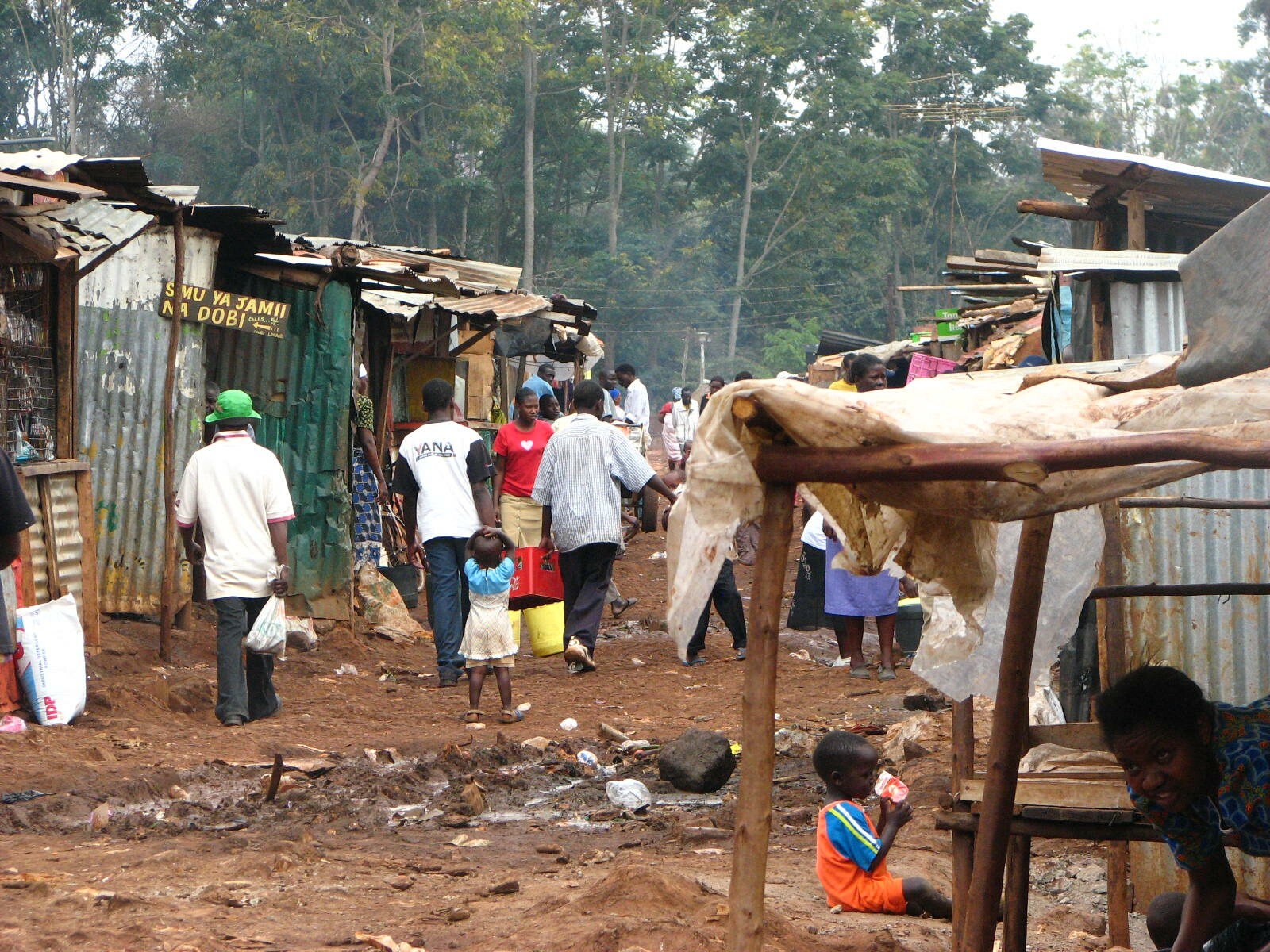I Found My Peace About Poverty And Economic Inequality
Is it fair to treat myself...
...when some parents don't have enough to feed their kids?
What's my responsibility in light of global poverty and economic inequality?
I started asking myself these questions after I visited the Guatemala City garbage dump in 2003 and saw people living in it and eating from it. After that visit I always had a hard time going out for ice cream or coffee or buying a ticket to see a movie.
- What should I do?
- Should I sell ALL but a few pairs of my clothes and give the money to the poor?
- Is it sinful to live in a middle class home?
- How can I live with so many comforts when others, in our human family, are starving?
Well, after 12 years, I think I've found an answer that I feel at peace about.
I looked up all the Bible verses that had the words poor and poverty in them, and was comforted by these from Leviticus 19:
9 “When you reap the harvest of your land, you shall not reap your field right up to its edge, neither shall you gather the gleanings after your harvest. 10 And you shall not strip your vineyard bare, neither shall you gather the fallen grapes of your vineyard. You shall leave them for the poor and for the sojourner: I am the Lord your God."
I'm not a farmer and I don't have a field to harvest. But I DO have a paycheck and I think the same principles can apply to me and my income. I think God would say:
"Caleb, my intention isn't for you to use your whole paycheck for yourself and your family. Don't spend every penny of it on what you need. Just like I commanded my people (Israel) to leave the edges of their fields unharvested, my intention is for you to leave the edges of your paycheck and I will use it to provide for the needs of the poor."
This is comforting and liberating for me because I don't think God, necessarily, wants me (or expects me) to live like the poor. He's not necessarily saying that I should always avoid treats. God didn't command His people to give all of their harvest to the poor. He was fine with them enjoying the bounty of their harvest. He just asked them not to enjoy 100% of the bounty of their harvest.
Here's what this looks like practically in my family:
- We put the term "edges of the field" into a percentage. We thought, "what percentage of our income would be equivalent to a farmer not harvesting the edges of his field?"
- We picked a percent of our income to leave for the poor. (We've had to start out with a very small percentage because we aren't used to giving to the poor! So we have plenty of room to grow!
- Every month we give that portion of our income to help people in need. We give half of it to Potter's House Association (serving people who live around the Guatemala City dump.) The other half we give to whatever moves our hearts that month. Together with our daughters, we search the internet to find a current area of need. We've given to help Syrian refugees, earthquake victims in Ecuador, clean water wells in Africa, hunger relief projects and more.
The existence of poverty in our world still moves me. Many times I cry with my family when we research areas of suffering and need. Last year we cried together when we did our poverty awareness "Garage Project." But now something has changed. God, through these verses, has given me peace regarding my personal responsibility to the poor.


